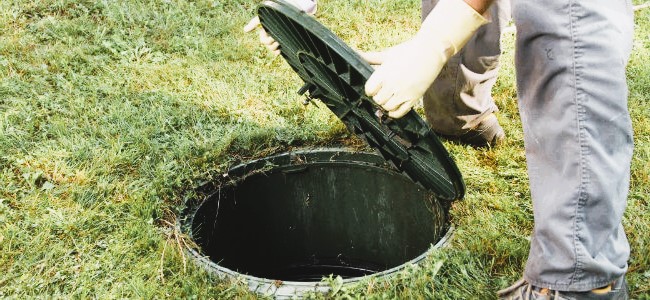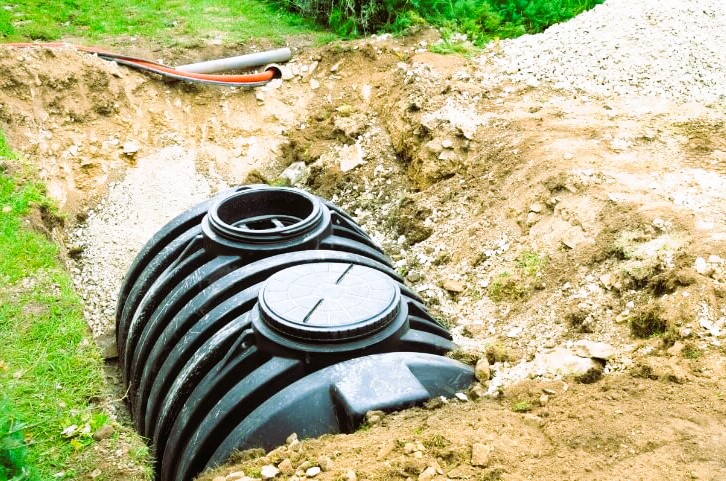Maintaining a healthy septic system is crucial for the overall well-being and functionality of your home. One key aspect of septic system maintenance is regular septic tank pumping. By understanding the importance of this maintenance task and adhering to a proper pumping schedule, you can prevent potential issues and ensure a clean and efficient septic system for your home.
What is Septic Tank Pumping?
Septic tank pumping is the process of removing accumulated solid waste and sludge from the septic tank. Over time, solid waste, such as human waste, toilet paper, and other organic matter, settles at the bottom of the tank, forming sludge. This sludge, if left unchecked, can build up and cause clogs, backups, and potential system failures. Pumping the septic tank removes the accumulated solids, allowing the system to continue operating effectively.

Why is Regular Septic Tank Pumping Important?
- Prevents System Failures: Regular septic tank pumping prevents system failures by reducing the risk of clogs and backups. When the tank becomes overloaded with solids, it can lead to blockages in the pipes, resulting in sewage backups into your home or onto your property. These backups can cause costly damage and pose health hazards.
- Maintains System Efficiency: A well-maintained septic system operates more efficiently. Regular pumping ensures that the septic tank has sufficient space to hold incoming wastewater. When the tank is overloaded with solids, it reduces its capacity to hold liquid waste, leading to the premature release of untreated effluent into the drain field. This can result in a compromised drain field and potential environmental contamination.
- Extends System Lifespan: Regular septic tank pumping helps extend the lifespan of your septic system. By removing solids that can cause damage to the system, such as clogs and blockages, you can prevent costly repairs or the need for premature system replacement. Proper maintenance and pumping can help your septic system last for many years, saving you time, money, and headaches in the long run.
- Protects Property Value: A well-maintained septic system is a valuable asset to your property. When it comes time to sell your home, having a properly functioning and regularly maintained septic system can boost its value and appeal to potential buyers. It provides assurance that the property’s wastewater management system is in good condition and does not pose any risks. DIY vs. Professional Electrical Wiring: Pros and Cons to Consider.
Maintaining a Pumping Schedule
The frequency of septic tank pumping depends on various factors, including the tank size, the number of occupants in the household, and water usage patterns. As a general guideline, it is recommended to have your septic tank pumped every 3 to 5 years. However, individual circumstances may warrant more frequent pumping.
To determine the ideal pumping schedule for your septic system, consult with a professional septic service provider. They can assess your specific situation, including the size of the tank and the level of usage, and recommend a pumping frequency that suits your needs.
Additional Resources

For more information on septic tank pumping, regulations, and proper maintenance, consider visiting the following reputable sources:
These resources provide comprehensive information on septic systems, including pumping guidelines, maintenance tips, and regulations specific to your region.
Conclusion
Regular septic tank pumping is a vital aspect of septic system maintenance. It prevents system failures, maintains efficiency, extends the lifespan of your septic system, and protects your property value. By understanding the importance of septic tank pumping and adhering to a proper pumping schedule, you can ensure a clean and functioning septic system that benefits both your home and the environment.
Remember, septic tank pumping should be performed by professionals who follow local regulations and guidelines. Consult a licensed septic service provider to determine the ideal pumping frequency for your specific septic system. Prioritizing regular septic tank pumping is an investment in the longevity and efficiency of your home’s wastewater management system.

